USPTO Issues New Guidelines for AI-Related Patent Eligibility
Takeaway: The U.S. Patent and Trademark Office released new guidelines for patent eligibility of AI-related inventions, clarifying that such inventions are patentable if they improve technology and are not merely abstract ideas, while also emphasizing that the method of invention, including AI assistance, does not affect eligibility.
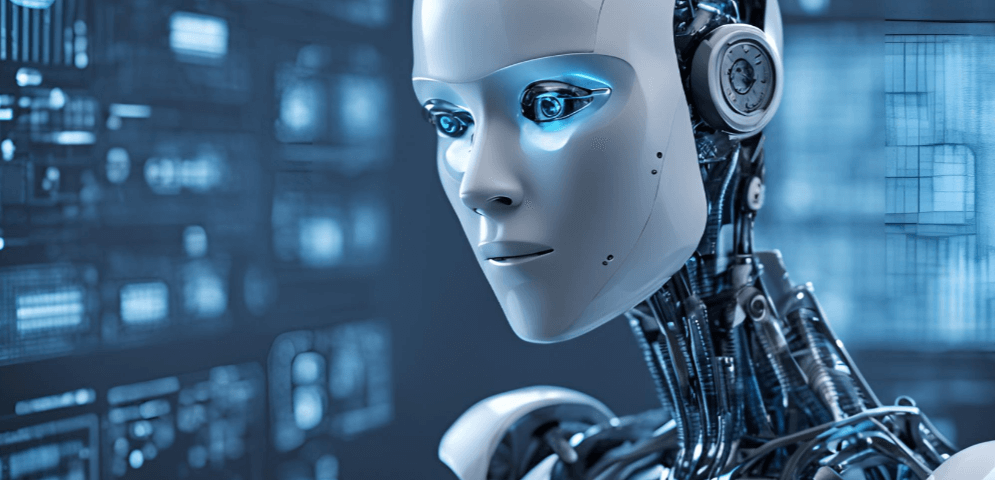
The U.S. Patent and Trademark Office (USPTO) released new guidelines for patent eligibility of AI-related inventions, aimed at enhancing clarity and consistency. These guidelines, effective immediately, were mandated by President Biden’s executive order on AI from October 2023. The USPTO’s guidance addresses two primary issues: determining whether AI inventions are abstract ideas (which are not patentable) and identifying when they constitute technological improvements (which are patentable).
The guidelines clarify that AI-related patents are not abstract if they involve practical applications that improve technology. The USPTO noted that the method of invention, including AI assistance, does not affect patent eligibility, focusing instead on whether the invention itself is innovative and patentable. This aligns with earlier guidance from February 2024, which stated that while AI-assisted inventions can be patented, significant human contribution is required.
File for IP Protection in China and Other Countries As Soon As Possible
Takeaway: Ambitious IP initiatives in China encourage Chinese manufacturers to file for IP protection in China and other countries even at the expense of their U.S. customers. As such, it is essential for individuals and companies to secure written agreements with their offshore suppliers and file for IP protection early in the countries of origin as well as all other expected market countries.
It is important to remember that laws, political motivations and cultures vary from country to country. For example, in 2021, China released “The Outline of Building an Intellectual Property Rights (IPR) Powerhouse (2021-2035)”. According to an article titled, From Big to Powerful by Mi Li, states, “…, the Outline updates the strategic quantitative target for patents at the national level, i.e., to reach 12 high value invention patents per 10,000 population by 2025.” The article can be read in full here: https://rouse.com/insights/news/2021/from-big-to-powerful-china-s-ambition-to-become-an-intellectual-property-nation-in-15-years. Simply put, the Chinese are increasingly filing patents across all industries to achieve China’s new, global IP initiatives.
It is critically important that any person or company that is using a supplier or manufacturer take proactive steps to protect their intellectual property – regardless of where the supplier or manufacturer is located. This means having a written agreement in place that confirms ownership. For suppliers or manufacturers that reside internationally, it may also be necessary to have the agreement comply with that country’s laws and regulations. If for whatever reason an agreement cannot be reached with a supplier or manufacturer it is highly recommended to file for IP protection (patent, trademark or copyright applications) early and often. Being first to file makes a difference and having an application on file can also be used as leverage to enter into an agreement.
Ransomware Attack Hits Los Angeles Courts
Takeaway: Separate from the global tech outage caused by CrowdStrike, the Superior Court of Los Angeles County closed all 36 courthouses to repair and reboot network systems after a ransomware attack, proving that anyone can be vulnerable to cyber attacks, and we all must take additional cyber precautions.
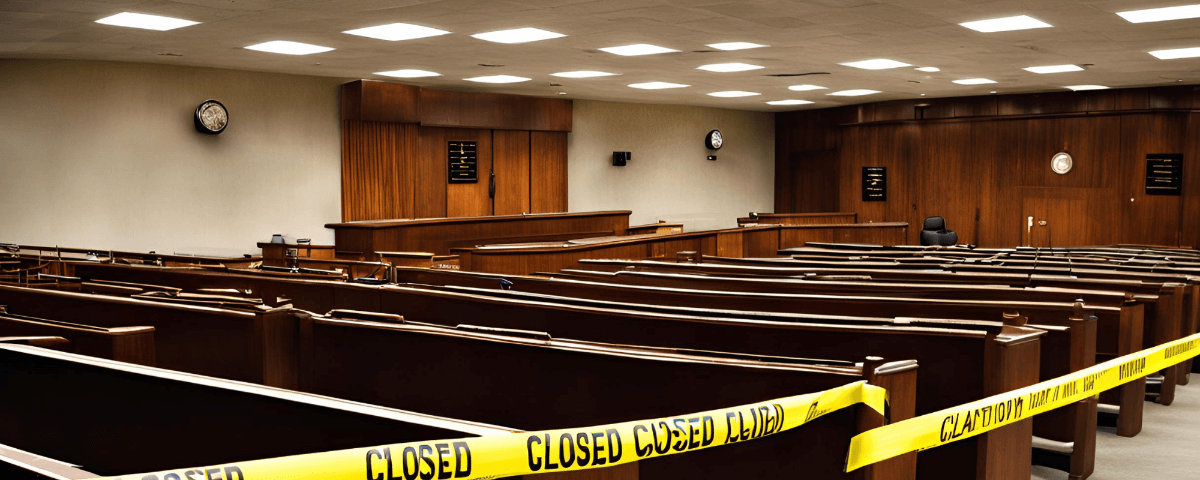
The Superior Court of Los Angeles County closed all 36 of its locations on July 22nd to repair and reboot network systems following a ransomware attack on the previous Friday. Presiding Judge Samantha P. Jessner announced that the closure was necessary to contain the damage, protect data integrity, and ensure future network security.
The ransomware attack, detected early Friday, was separate from a global tech outage caused by a CrowdStrike update issue. The court received assistance from various agencies to investigate and mitigate the attack, and preliminary findings indicated no user data compromise. The court has invested heavily in cybersecurity, enabling a swift response to the breach.
Patentability of Animated Display Screen Designs
Takeaway: The USPTO has been granting patents for animated display screen portions, known as “changeable computer-generated icons,” since 2006, despite ongoing legal debates about their patentability due to their transient nature.
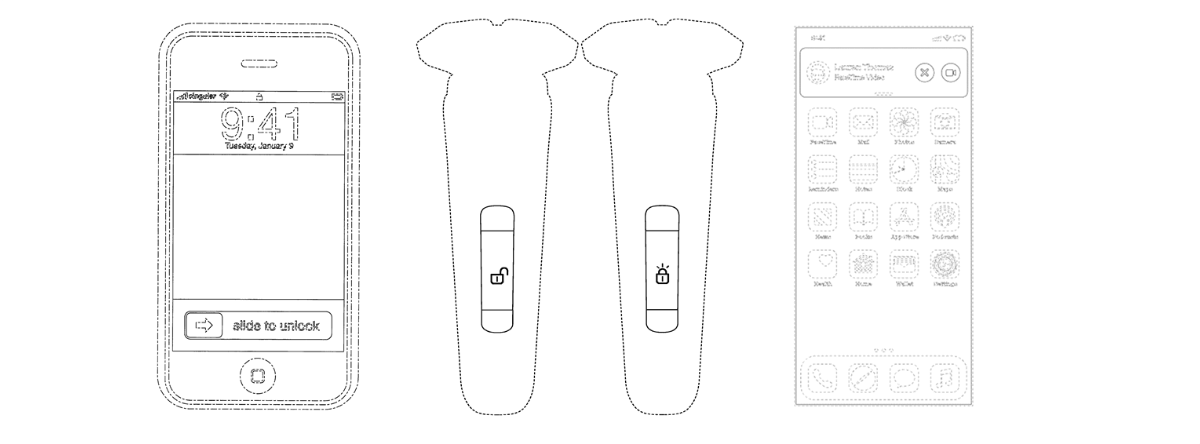
For years, the patenting of display screen portions was controversial, but recently, there has been a focus on animated display screen portions. For example, in 2006 there was nearly zero issued animated GUI design patent. By 2016, that number increased to nearly 800, with an expected approximately 600 issued for 2024.
The Manual of Patent Examining Procedure (MPEP) calls these “changeable computer-generated icons,” stating that they can be patented if shown in multiple views and described clearly in the specification. The USPTO began granting patents for animated icons in 2006, requiring static images depicting various animation states.
Courts have not yet ruled on their patentability, with key concerns about whether transient animations qualify as “articles of manufacture” under 35 U.S.C. § 171.
Animated designs typically fall into three categories: (1) animated icons functioning like trademarks, (2) transitional animations showing actions, and (3) series of screenshots depicting user interface interactions, like Apple’s slide-to-unlock (USD621849) and video call reception (USD1016837).
Popular Energy Drink Brand Sued by US Olympic and Paralympic Committee for Trademark Infringement
Takeaway: Scammers are exploiting USPTO data to impersonate officials and solicit personal information or payments from trademark applicants and registrants through fraudulent emails, calls, and texts, often creating a sense of urgency.

Scammers are targeting trademark applicants and registrants by using publicly accessible USPTO data to impersonate the USPTO and private services, sending fraudulent emails, calls, and texts to solicit personal information and payments. They create a sense of urgency and often spoof official contact details, including phone numbers and email addresses. Trademark owners should be wary of any unsolicited communication, especially if it asks for sensitive information or immediate action, and should only trust correspondence from official “@uspto.gov” email addresses. If targeted, it is advised not to engage and to report the scam.
Feel free to contact us instead as the USPTO rarely reaches out to applicants, and instead typically only reach out to applicants’ attorneys of record.
Popular Energy Drink Brand Sued by US Olympic and Paralympic Committee for Trademark Infringement
Takeaway: Though some global brands may seem common, never assume a trademark is available for “generic” use. Prime Hydration energy drink brand is being sued by the US Olympic and Paralympic Committee for allegedly using trademarked Olympic symbols and phrases on its products and promotional materials without permission.
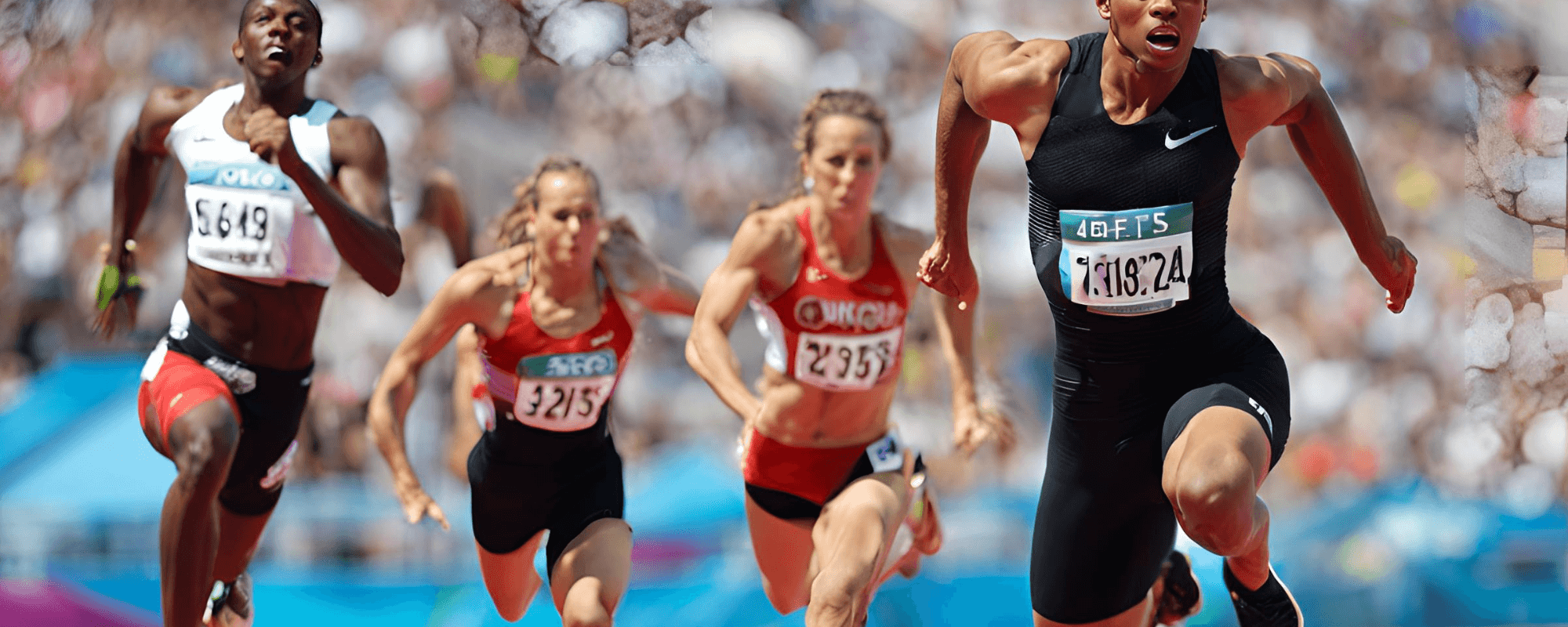
The Olympics are here, and although the Olympic Games are open for all people around the world to watch and enjoy, the Olympic trademarks are not open for all to use. Prime Hydration, an energy drink brand from popular Youtuber Logan Paul, is facing a lawsuit from the US Olympic and Paralympic Committee (USOPC) for allegedly using trademarked symbols associated with the US Olympic team. The lawsuit, filed on July 19 in Colorado, claims that Prime used phrases like “Olympic,” “Olympian,” “Team USA,” and “Going for Gold” on its packaging and promotional materials featuring Olympic basketball player Kevin Durant.
The USOPC argues that Prime leveraged the goodwill of its intellectual property to promote its products and brand. Despite a request from the USOPC on July 10 to stop using these trademarks, Prime has not complied. In contrast, for the upcoming Paris Olympics, the USOPC has a licensing agreement with Coca-Cola for the use of Olympic and Team USA symbols on beverages in the US.
Large Record Labels Sue Verizon for $2.6 Billion Over Alleged Copyright Infringement by Subscribers
Takeaway: Major record companies, including Sony and Universal, have sued Verizon for allegedly enabling and profiting from widespread copyright infringement by its subscribers, seeking up to $2.6 billion in damages for over 17,000 infringed songs.
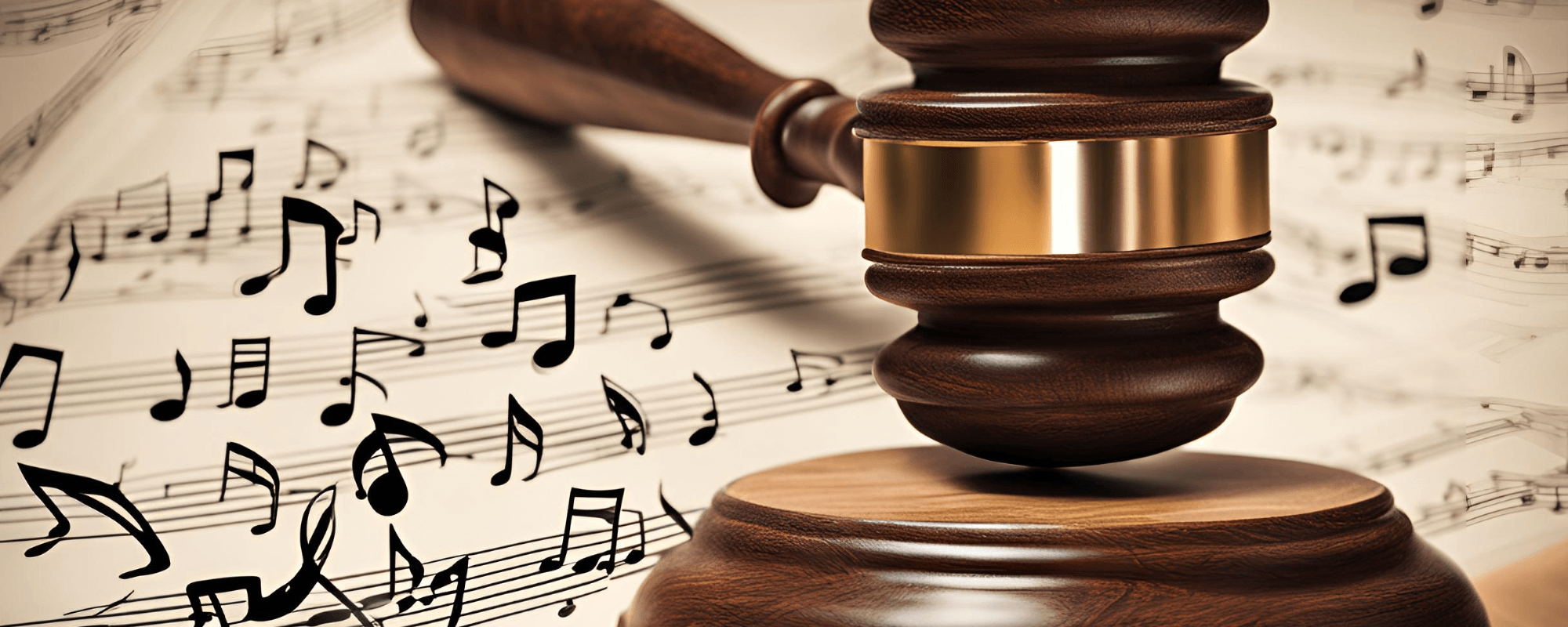
Major record companies, including Sony Music, Universal Music Group, Warner Music Group, and ABKCO Music, have filed a lawsuit against Verizon for alleged contributory and vicarious copyright infringement. Filed in New York, the lawsuit accuses Verizon of enabling and profiting from widespread copyright infringement by its subscribers, who used the service to illegally download and distribute music. Since early 2020, the music labels have sent more than 340,000 infringement notices to Verizon which advised Verizon of the blatant use of BitTorrent to illegally download, copy and distribute the copyrighted content. Verizon allegedly ignored these warnings, allowing thousands of repeat infringers to continue their illegal activities.
The lawsuit seeks up to $150,000 per infringement, totaling over $2.6 billion for 17,335 allegedly infringed works. The lawsuit argues that Verizon’s actions forfeit its Digital Millennium Copyright Act (DMCA) immunity and compel the record companies to seek legal redress.
USPTO Enhances Efficiency in Patent and Trademark Application Reviews
Takeaway: The U.S. Patent and Trademark Office has reduced review times for patent and trademark applications through increased hiring, better pay, extended working hours, and improved technology, resulting in more efficient processing and decreased application pendency periods, but it is still way too slow.

The U.S. Patent and Trademark Office (USPTO) announced it has reduced delays in reviewing patent and trademark applications by increasing hiring, offering better pay for examiners, extending working hours, and enhancing technology. Director Kathi Vidal highlighted that these improvements, made in collaboration with employee unions, have led to more efficient application processing. In fiscal year 2023, the USPTO hired 644 patent examiners and plans to hire over 850 more in 2024. Enhanced technical tools, including AI processes, have also been introduced.
The average time from filing to first action for patents has gradually decreased, though not yet reaching earlier lows, which had only been a few months. For trademarks, the average pendency from application to first action has dropped from 8.5 to 7.85 months. Additional IT resources, productivity incentives, and shifting a key quality standard to final actions have contributed to these improvements. The USPTO also reduced its unexamined inventory by 13.5% and reassigned fraud-related tasks to the Trademark Register Protection Office, allowing examiners to focus on application reviews.
Cislo & Thomas LLP Spotlight
Client Spotlight: Sabine Hazan-Steinberg, MD
Cislo & Thomas LLP client Dr. Sabine Hazan, CEO of Progenabiome and Ventura County-based gastroenterologist, has dedicated her research to how microbiome can impact human health. Even throughout the COVID-19 pandemic, Dr. Hazan conducted a number of FDA clinical trials showing the efficacy of her unique medications to successfully treat COVID-19. Dr. Hazan and her team’s hard work has paid off in the form of several patents, including granted U.S. Patent No. 11,166,971 for “Methods of Treating COVID-19 Infection.”
As proud supporters of our clients, we are excited to share the news that Dr. Hazan will be a notable speaker at the Malibu Microbiome Meeting on August 10-11th to share more of her research on gut flora. You can learn more about this event and register to hear her speak here: https://malibumicrobiomemeeting.com/home.




